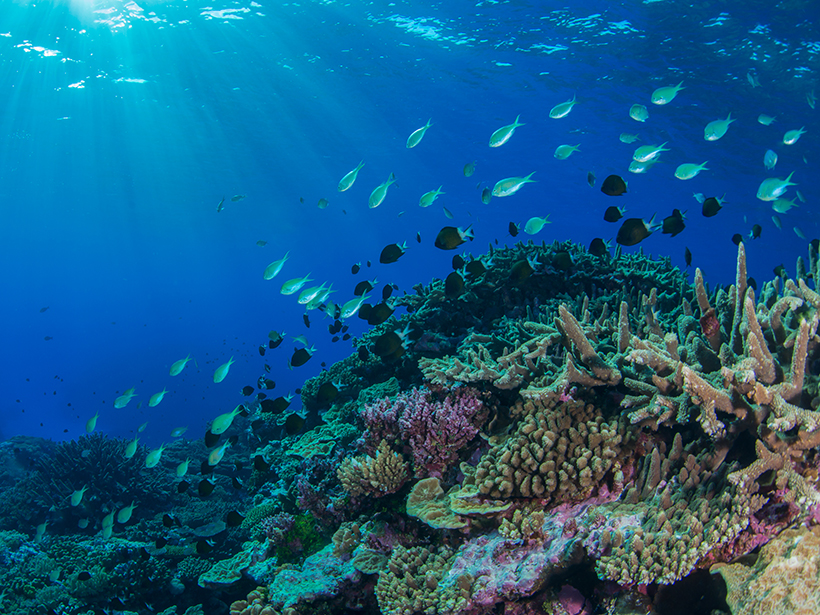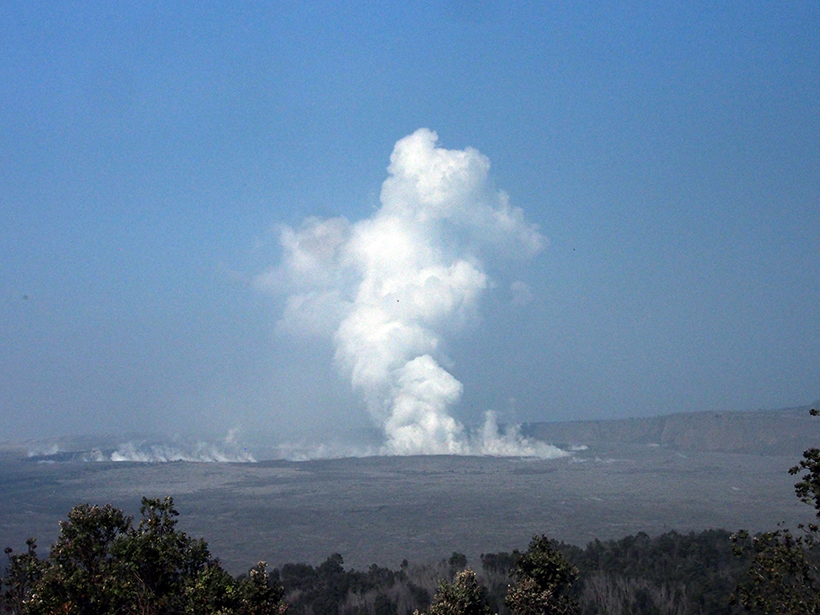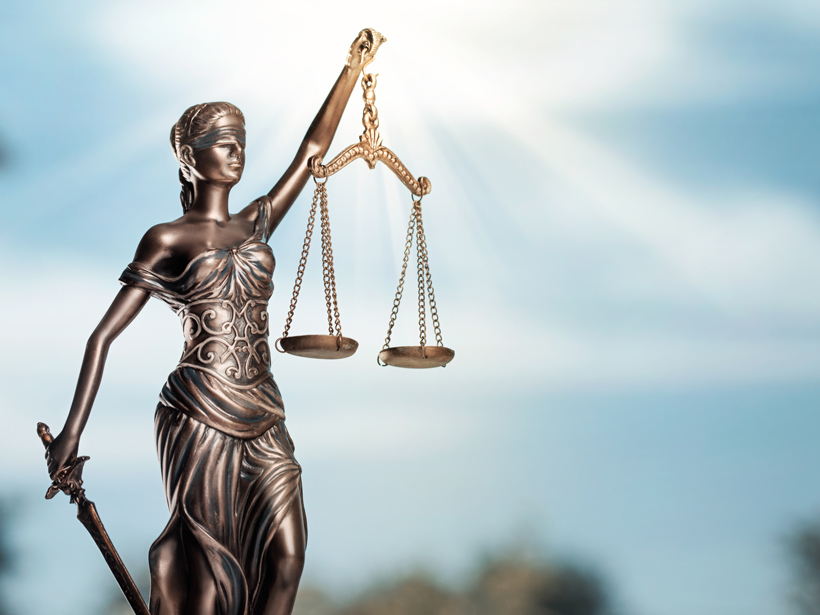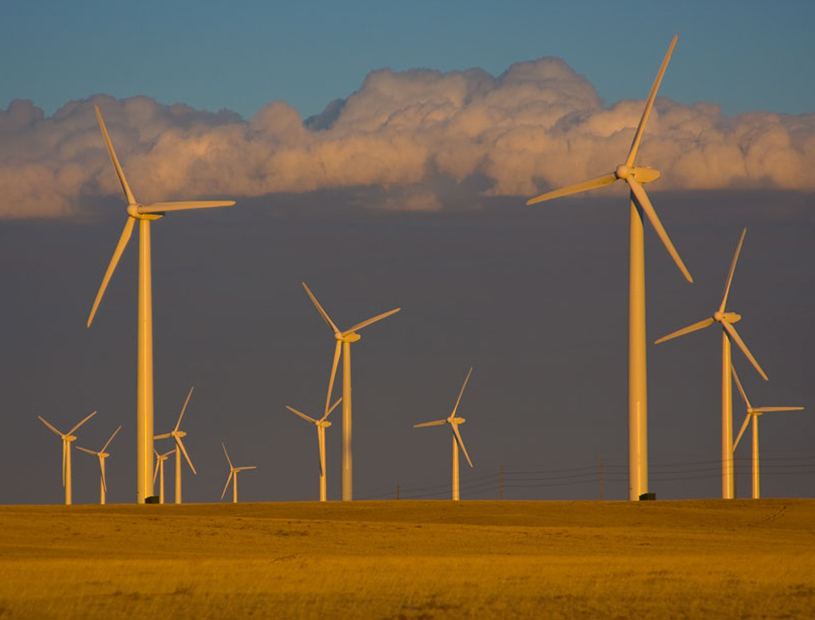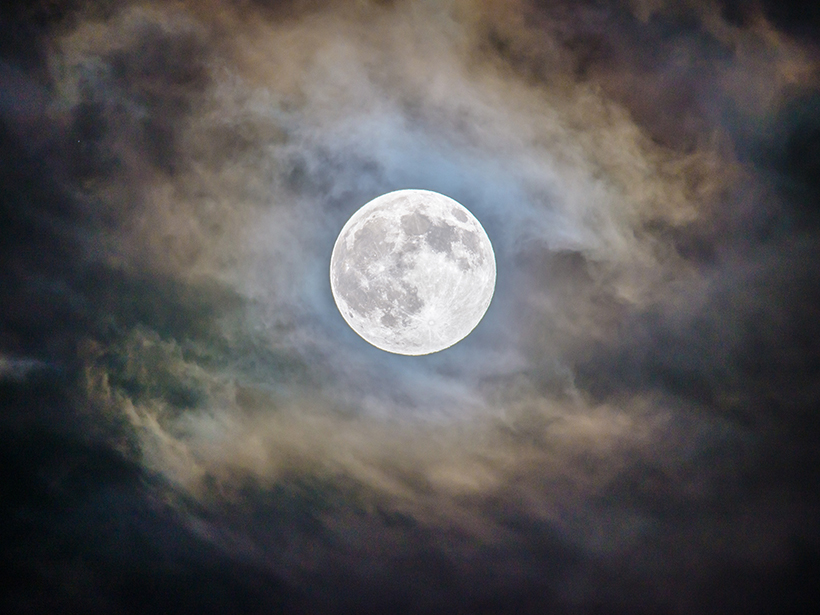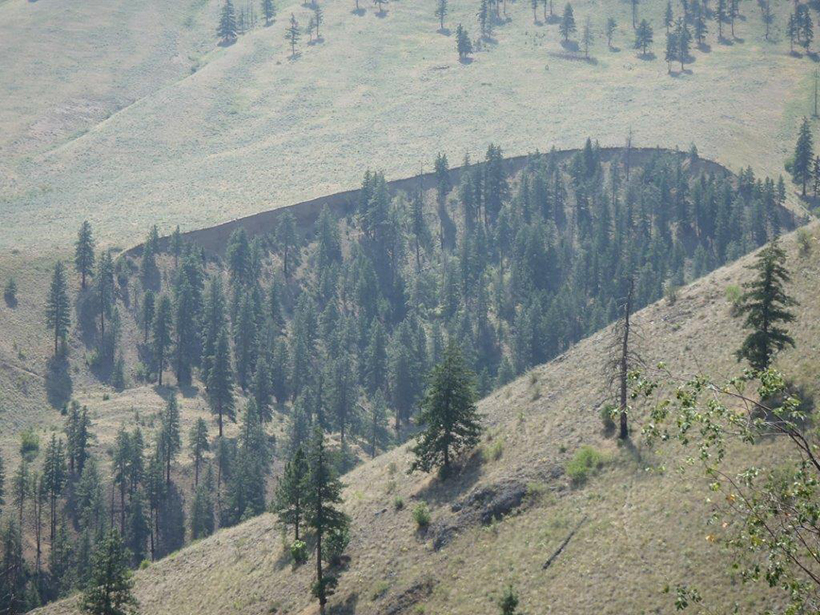A study over a broad swath of the Great Barrier Reef shows that warming waters directly cause fish and invertebrates to leave the reef, making it harder for coral to recover from bleaching events.
Ilima Loomis
Ilima Loomis has written for publications including Eos, Astronomy, Science, Nature, Popular Science, and Discover, and is the author of books including Eclipse Chaser: Science in the Moon’s Shadow.
Huge Spike in Quakes Badly Damages Kīlauea Observatory
Meanwhile, some scientists say that the 35-year eruption from the Pu‘u Ō‘ō vent has ended and that the flows since 3 May are a new eruption. Others take issue with this view.
Faster Lava Flows, Explosive Eruptions Begin at Kīlauea
Scientists say the dramatic increase in flows is likely due to the arrival of younger, hotter magma in the system.
Steam-Driven Blasts Last Seen at Kīlauea in 1924 May Recur
Sinking magma levels and rockfalls prompt warnings, flight restrictions, and the shutdown of Hawai’i Volcanoes National Park.
Stanford Scientist Drops $10 Million Lawsuit over Critical Paper
Mark Jacobson, a renewable energy scientist, announced the decision on Twitter, saying he had succeeded in bringing his concerns to light.
Scientific Row over Renewables Leads to Free Speech Legal Fight
A Stanford University climate researcher’s $10 million defamation suit could test a First Amendment defense in science litigation.
Exact Moonlight Measurements Could Aid Earth-Observing Missions
A new telescope’s unprecedented study of subtle variations in lunar light could finally give Earth-facing satellites a common reference point for their observations.
Mystery Quakes May Be Among World’s Longest-Lived Aftershocks
New evidence about where a major earthquake struck central Washington State 145 years ago raises the possibility that today’s unusually frequent quakes in the area still echo that 1872 event.
Satellite Observations Could Help Forecast an Eruption’s End
Researchers studying past volcanic activity found they could retrospectively predict when outflows of molten rock would cease for about 40% of effusive eruptions, the kind that produces flowing lava.

